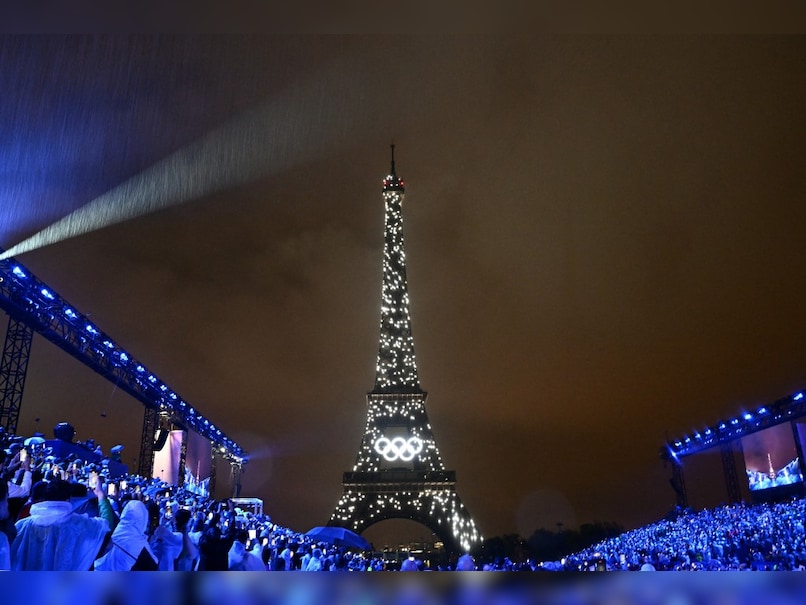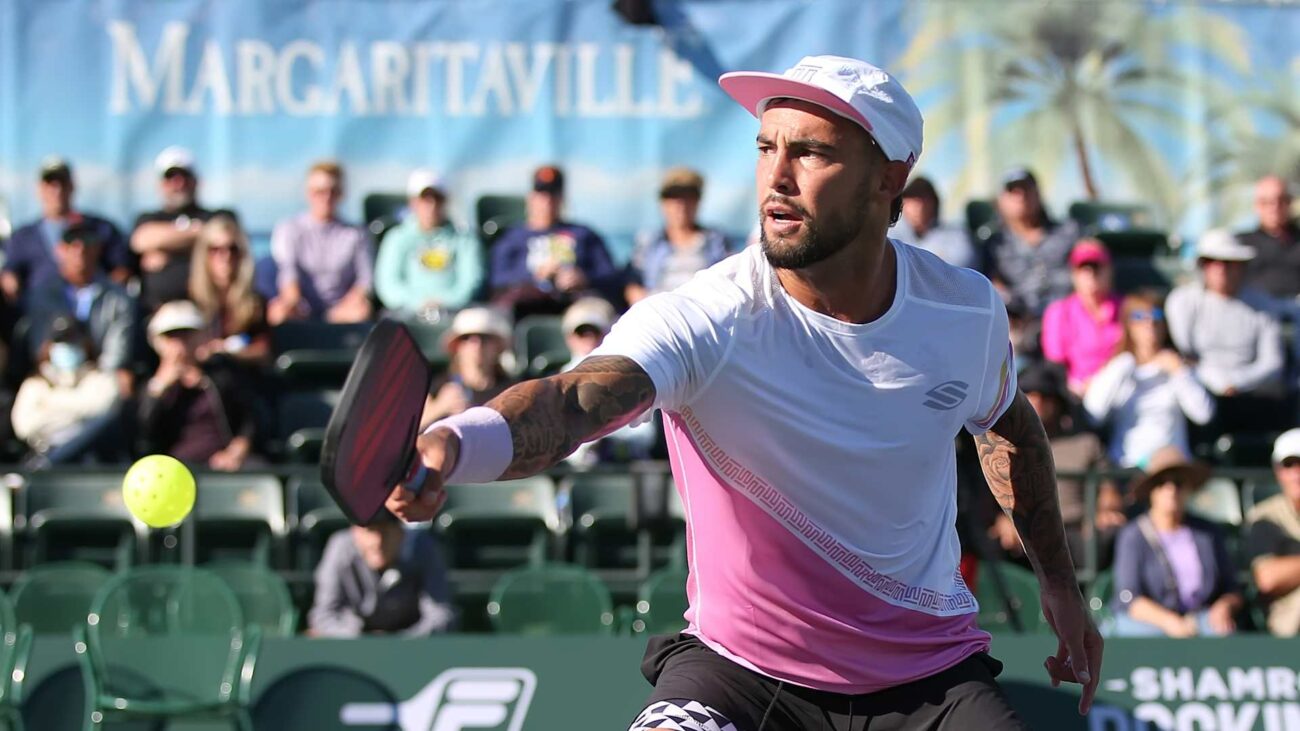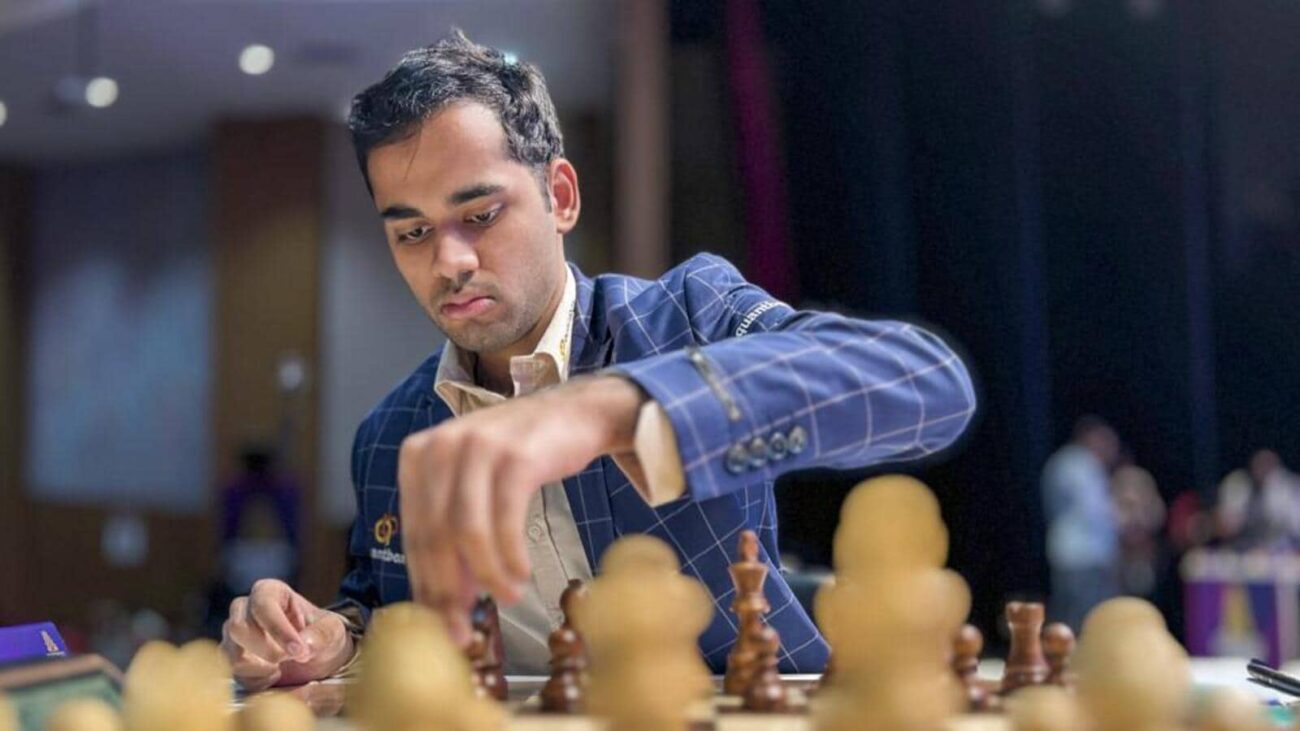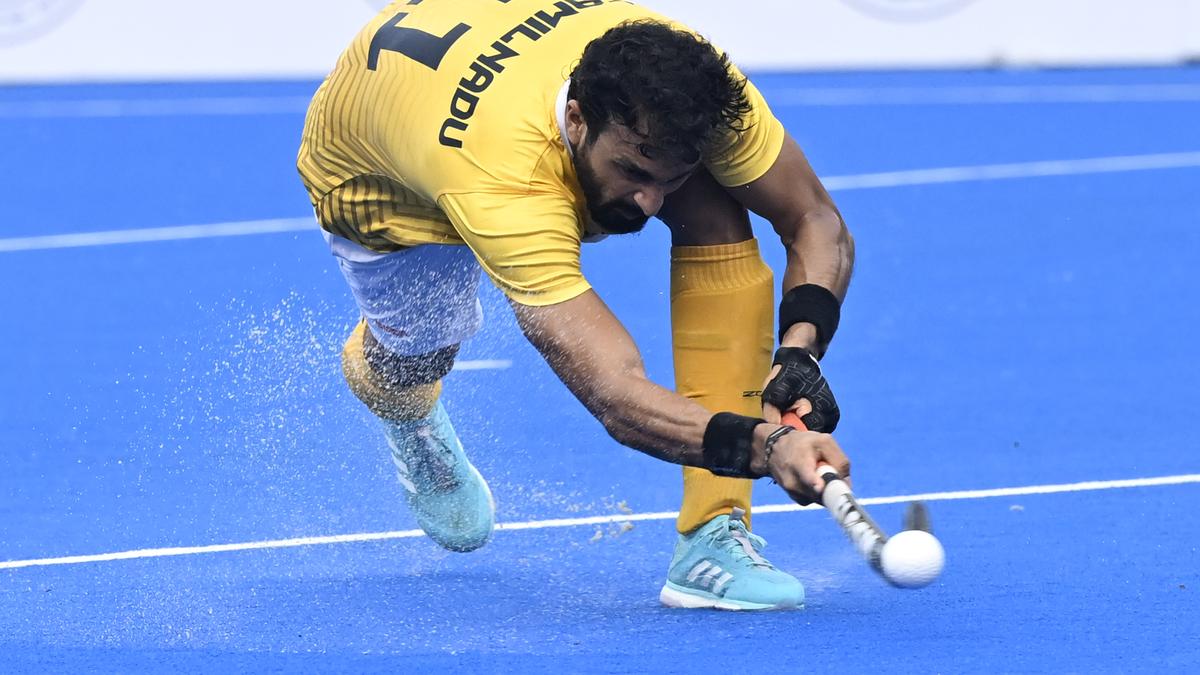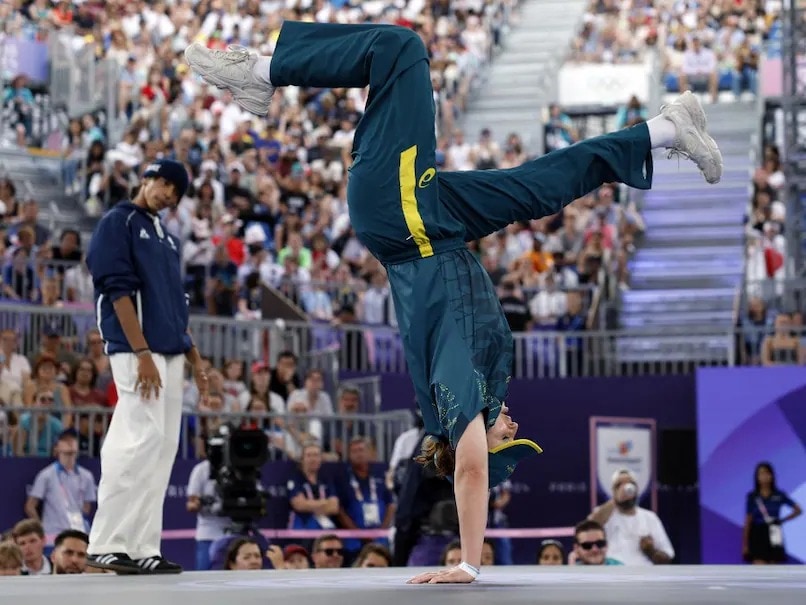The Paris Paralympics, set to commence on Wednesday, will witness a spectacular opening ceremony in the heart of Paris, following the city’s successful hosting of the Olympics. A new generation of Paralympians will join seasoned veterans in competing at many of the same venues that hosted Olympic events.
Eighteen of the 35 Olympic venues will be utilized for the Paralympics, including the Grand Palais, which received high praise for hosting fencing and taekwondo under its ornate roof. The La Defense Arena will once again host the 141 gold-medal events in para-swimming, while the Stade de France will be the stage for track and field competitions.
The Games will commence with a ceremony in Place de la Concorde, the central square of Paris where skateboarding and other urban sports were featured during the Olympics. This marks the first time a Paralympics opening ceremony will take place outside the main stadium.
The Paralympic flame was ignited at Stoke Mandeville Hospital in England, the birthplace of the Games, and transported to France via the Channel Tunnel. Theatre director Thomas Jolly, who also oversaw the Olympics opening ceremony, emphasized the symbolism of holding the Paralympics ceremony in the heart of Paris, a city whose Metro system remains largely inaccessible to wheelchair users.
“Placing Paralympic athletes in the heart of the city is a political statement, as the city is not sufficiently adapted to every handicapped person,” Jolly said.
Organizers have addressed accessibility concerns by ensuring that Paris buses are wheelchair-friendly and providing 1,000 specially adapted taxis. Ticket sales, which were initially sluggish, have picked up since the Olympics, with over 1.9 million tickets sold to date.
Every Paralympics introduces new stars, and this edition will be no exception. American above-the-knee amputee sprinter/high jumper Ezra Frech, at just 19 years old, has already garnered significant attention for his journey to Paris. Familiar faces will also return, such as British amputee sprinter Jonnie Peacock, who made a comeback last year in his bid to win a medal at his fourth consecutive Paralympics.
Beyond the track, Iranian sitting volleyball legend Morteza Mehrzad, standing at an impressive 8ft 1in (2.46m) tall, will aim to defend his gold medal. The Paralympics, however, extend beyond sports, serving as a platform to raise awareness about the challenges faced by people with disabilities.
International Paralympic Committee president Andrew Parsons expressed his hope that the Paris edition will bring the issues facing disabled people back to the forefront of global priorities. He believes the Games “will have a big impact in how people with disability are perceived around the world.”
“This is one of the key expectations we have around Paris 2024; we believe that we need people with disability to be put back on the global agenda,” Parsons said.
Paralympic powerhouse China is expected to send a strong squad, having dominated the medals table at the Tokyo Games with 96 golds. Britain, with 41 golds, will be aiming to improve its performance. Host nation France, riding the wave of its Olympic team’s success, will be targeting a significant increase from the 11 golds it won in 2021.
Ukraine, traditionally a top medal-winning nation at the Paralympics, will send a team of 140 athletes despite the challenges they face in preparing amidst the ongoing war. Athletes from Russia and Belarus will compete under a neutral banner but are barred from the opening and closing ceremonies.

